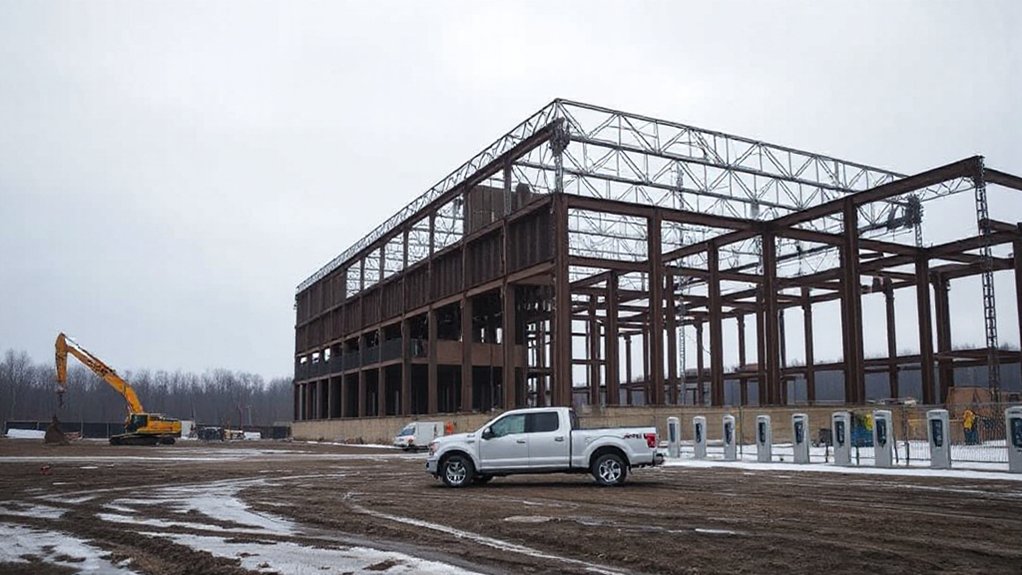Federal protections for the Ruby Mountains have been rolled back, opening the area to oil and gas exploration. This policy shift aligns with Trump-era priorities that favor energy development over conservation. Tribal communities are protesting the decision, citing threats to sacred sites and ceremonial grounds. Environmental experts warn about risks to wildlife habitats and potential water contamination. The conflict highlights ongoing tensions between resource extraction, indigenous rights, and environmental protection.
The Ruby Mountains, a pristine area within Nevada’s Humboldt-Toiyabe National Forest, has become the center of a heated dispute over energy exploitation. Previously under federal protection, this region is now available for oil and gas exploration following recent policy changes that echo Trump administration priorities. The decision rolls back conservation measures in favor of expanded resource access.
The Ruby Mountains, once safeguarded from development, now face potential industrialization under policies favoring energy interests over conservation.
Tribal communities have launched protests against the new developments, citing the sacred nature of these lands. They’re concerned about potential damage to burial sites and ceremonial grounds that hold historical significance. Many indigenous groups argue that these energy projects violate both their sovereignty and current laws requiring tribal consultation before such decisions.
Environmental experts warn of serious risks to the Ruby Mountains ecosystem. The area hosts diverse wildlife including mule deer and migratory birds that could face habitat loss. Water contamination from hydraulic fracturing and increased carbon emissions represent additional concerns raised by conservation groups. Alternative thermochemical processes for biomass energy could offer more sustainable options that minimize environmental impact compared to fossil fuel extraction.
The legislative path that led to this decision began during the Trump administration, when bills were introduced specifically targeting protected federal lands for resource extraction. Though these proposals faced opposition in Congress, recent policy shifts have partially reversed previous protections, opening the door for energy development. Senate Bill 609 specifically aimed to withdraw National Forest System land in the Ruby Mountains subdistrict of Nevada.
Energy companies view the Ruby Mountains as a valuable untapped resource and have lobbied for reduced federal protections. They argue the projects will create jobs and generate revenue for local communities while supporting national energy independence goals.
The legal framework governing these projects includes the Mineral Leasing Act and National Environmental Policy Act, though environmental reviews were often expedited under pro-extraction administrations. Tribal consultation, while mandated under the National Historic Preservation Act, has frequently been implemented inadequately according to critics.
Court challenges from tribal and environmental groups are ongoing, with advocates pushing for a return to stronger conservation policies. The dispute represents a broader tension between resource extraction and preservation of natural and cultural heritage.








